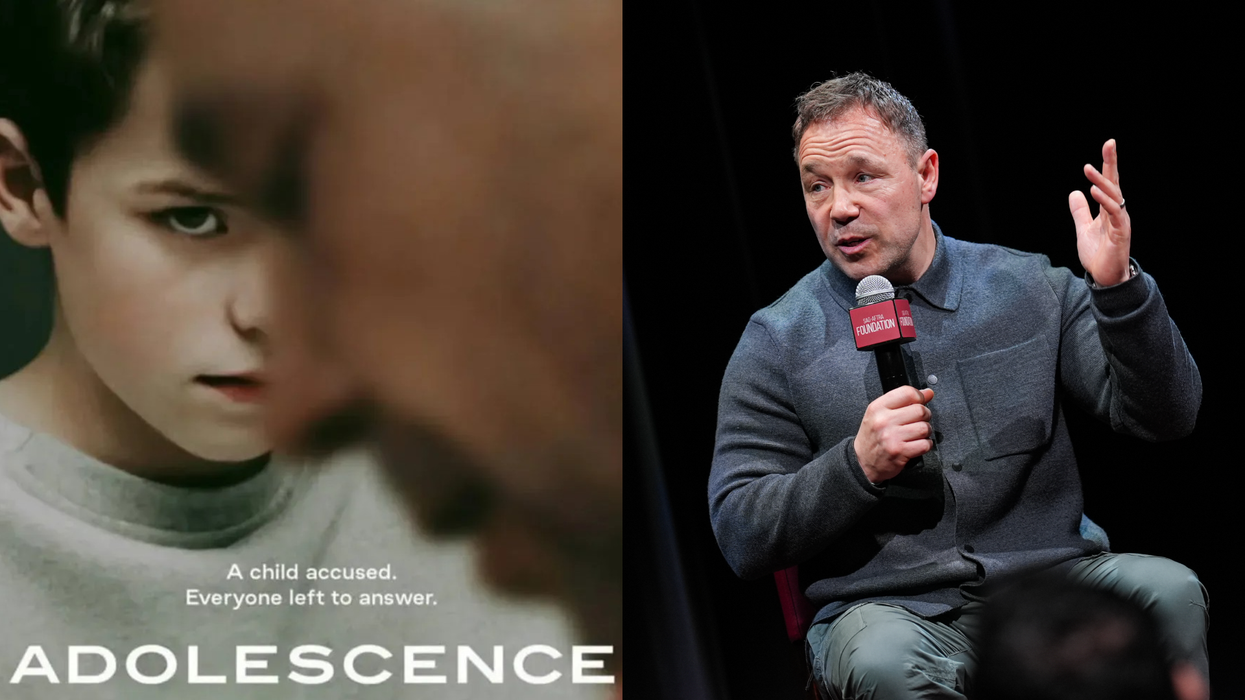British actor and writer Stephen Graham never expected his latest Netflix series, Adolescence, to make such a strong impact worldwide, let alone in India. The gripping crime drama, which debuted on March 13, has not only dominated Netflix’s global charts but also sparked intense discussion among Indian audiences, leaving Graham surprised.
The four-episode series, shot entirely in single takes, follows the chilling case of 13-year-old Jamie Miller played by Owen Cooper, who is accused of murdering a classmate. The show’s raw storytelling and emotional depth have earned praise from critics and viewers alike, but it was the overwhelming response from India that truly caught Graham off guard.
- YouTubeyoutu.be
“I got a text from a mate of mine, telling me how big Adolescence is in India. And my first response was, ‘Hold on… did you say India?! Did I hear you correctly?’” Graham told in an interview. “Apparently, it’s really striking a nerve there.”
Since its release, Adolescence has been widely discussed in India, with renowned filmmakers like Anurag Kashyap, Hansal Mehta, and Sudhir Mishra, along with Bollywood stars including Alia Bhatt, openly applauding the series. Social media is flooded with reactions, with many viewers pointing out its honest portrayal of troubled youth and the societal pressures that contribute to their downfall.
While the show’s creators initially set out to tell a story rooted in British culture, its themes of violence, family, and adolescent struggles have truly resonated across borders. “We never expected this kind of global reaction,” Graham admitted. “It’s like we dropped a stone into a pond, and the ripple effect has been unbelievable.”

Graham, known for his roles in Boiling Point and This Is England, co-created Adolescence with writer Jack Thorne. The idea came to him during a car ride with director Philip Barantini, as they discussed the growing crisis of young boys engaging in violent crimes. “These aren’t hardened criminals, they’re just kids,” Graham said. “We need to start talking about this.”
With Adolescence sparking global conversations, especially in India, Graham hopes this is just the beginning. “If the show is making people think, if it’s making them talk, then we’ve done something right” and we agree!





